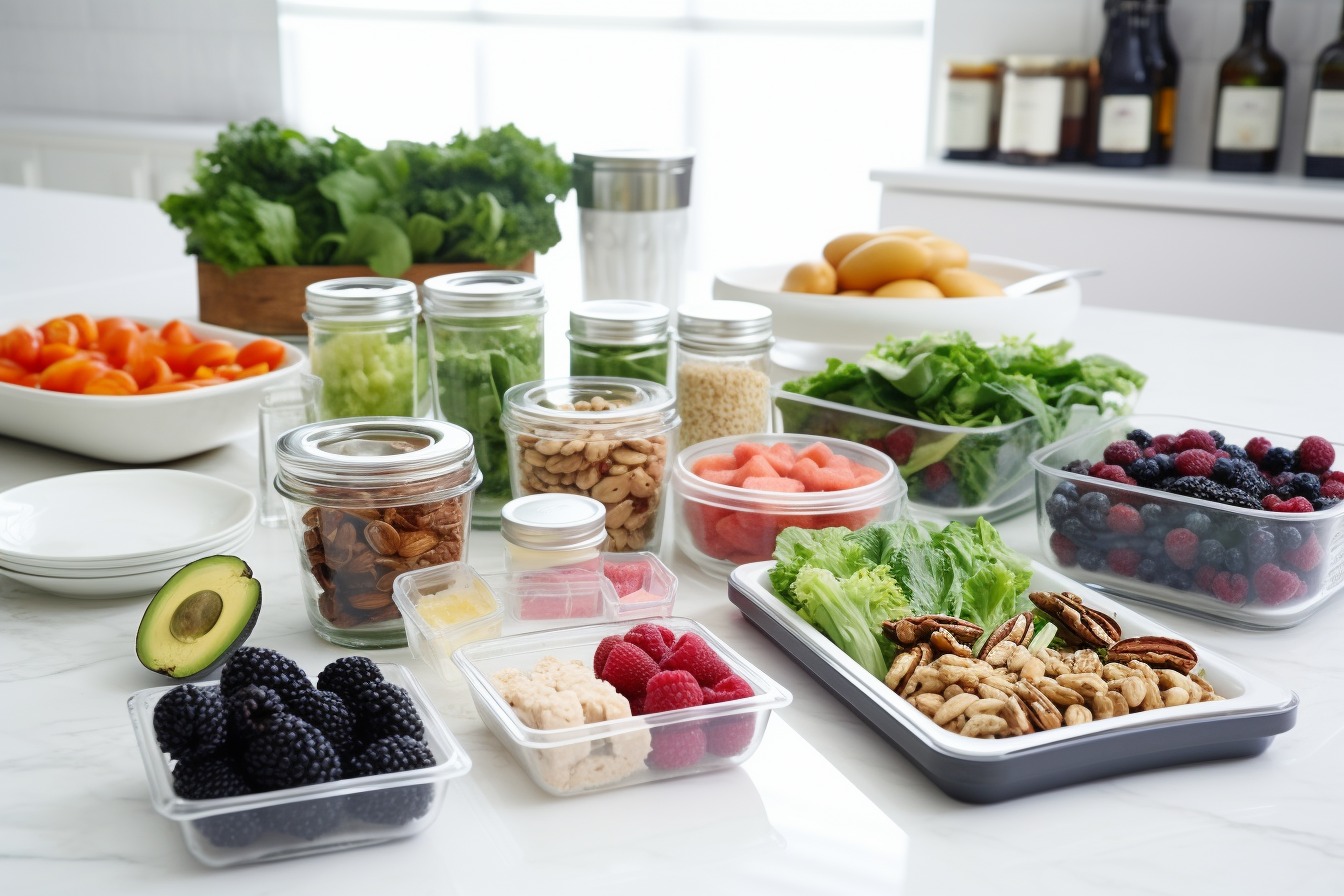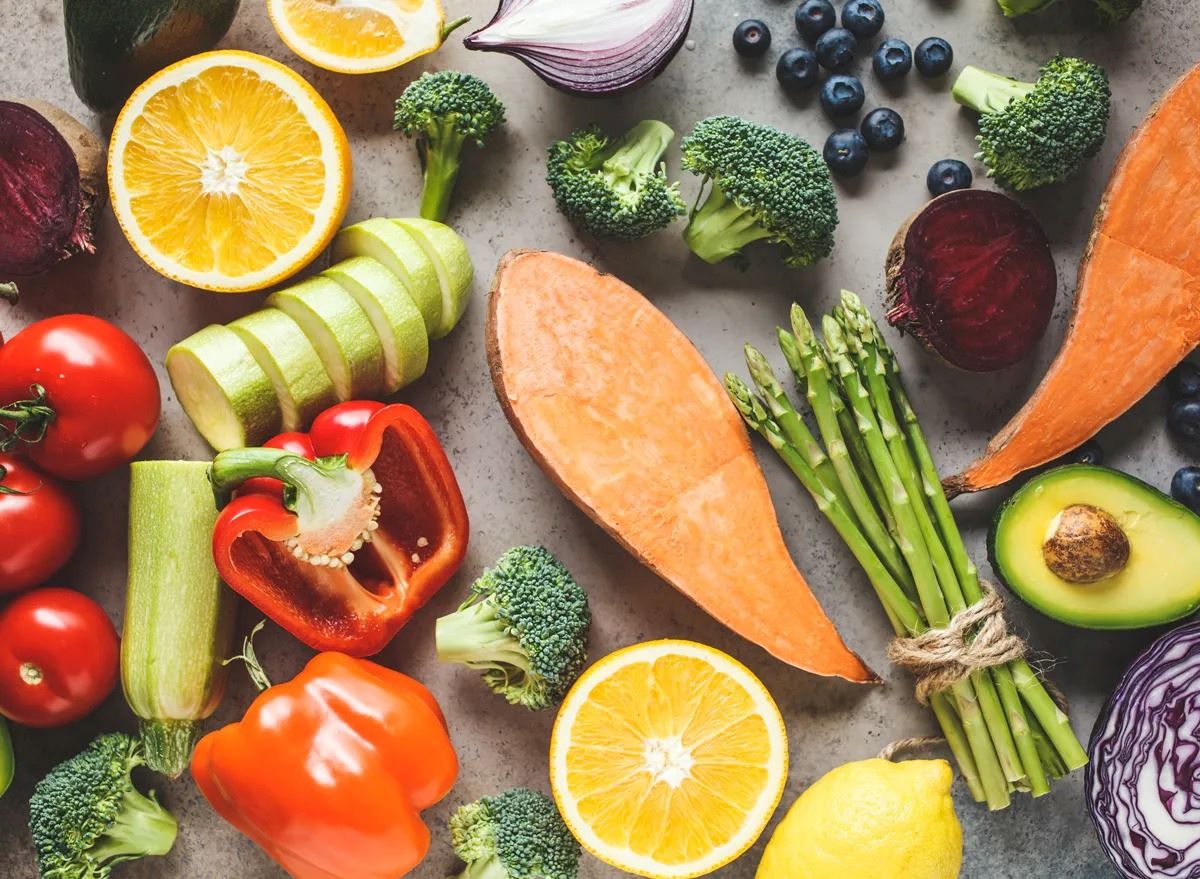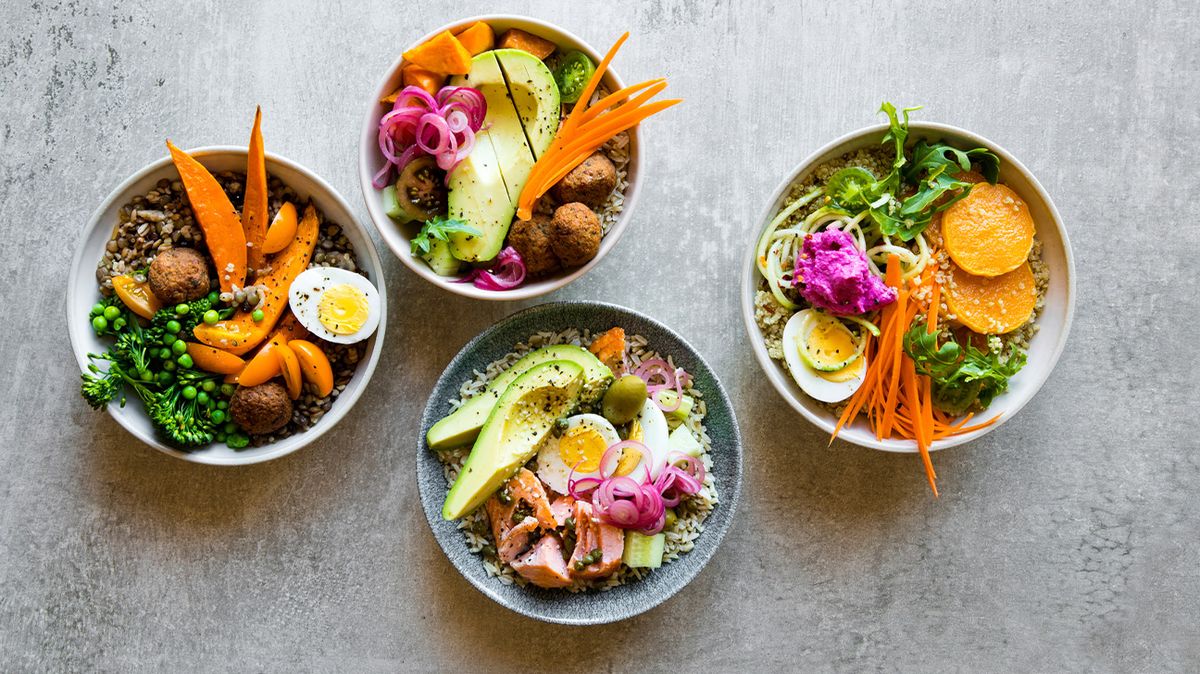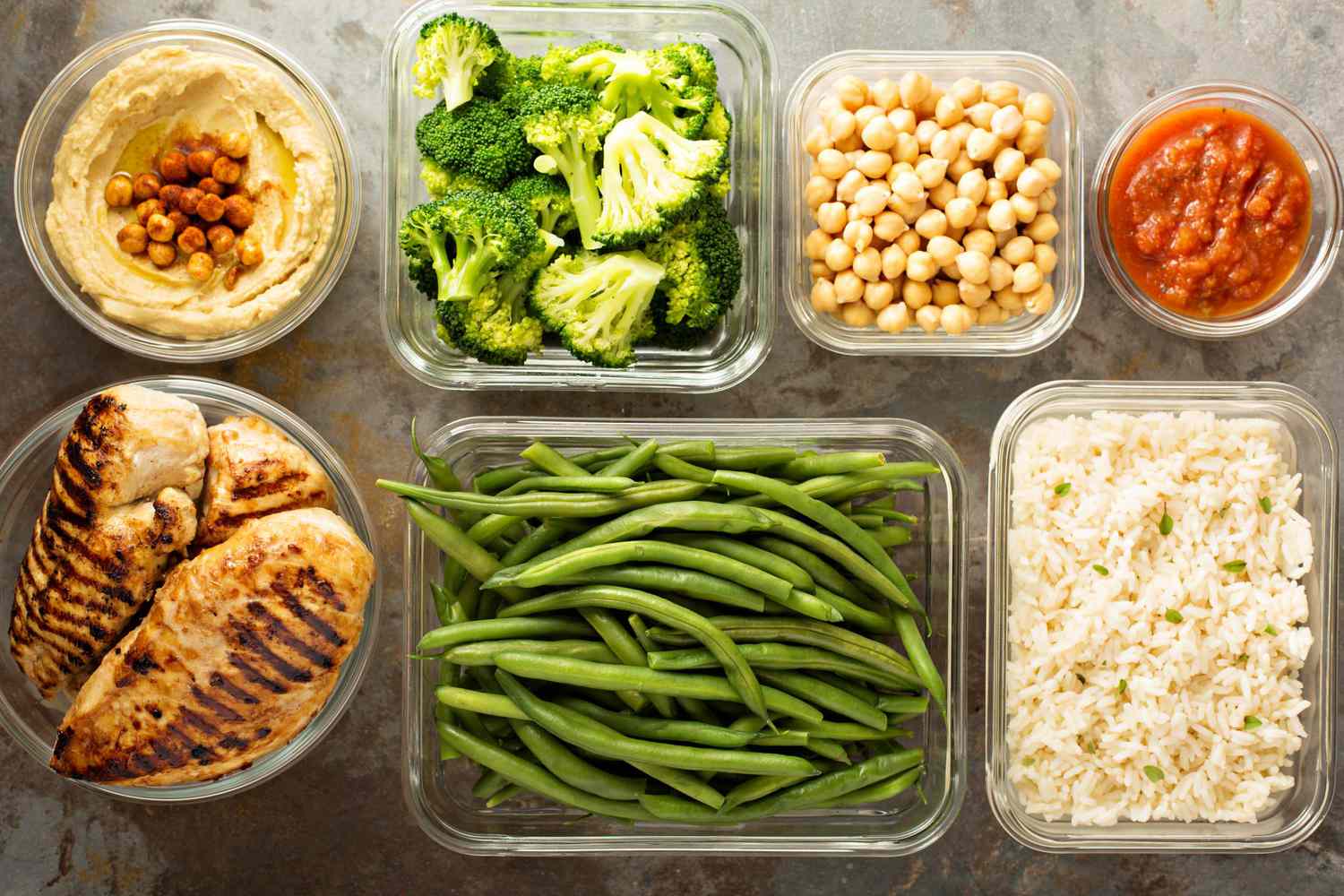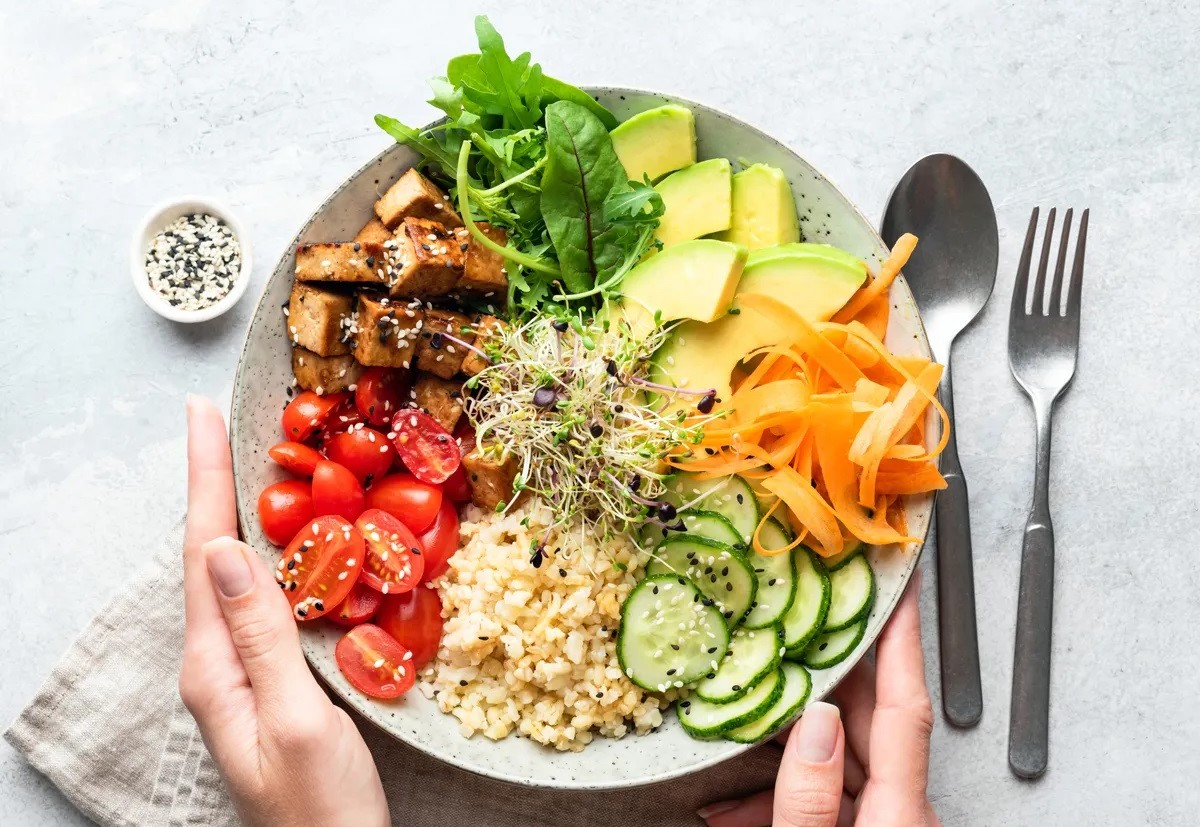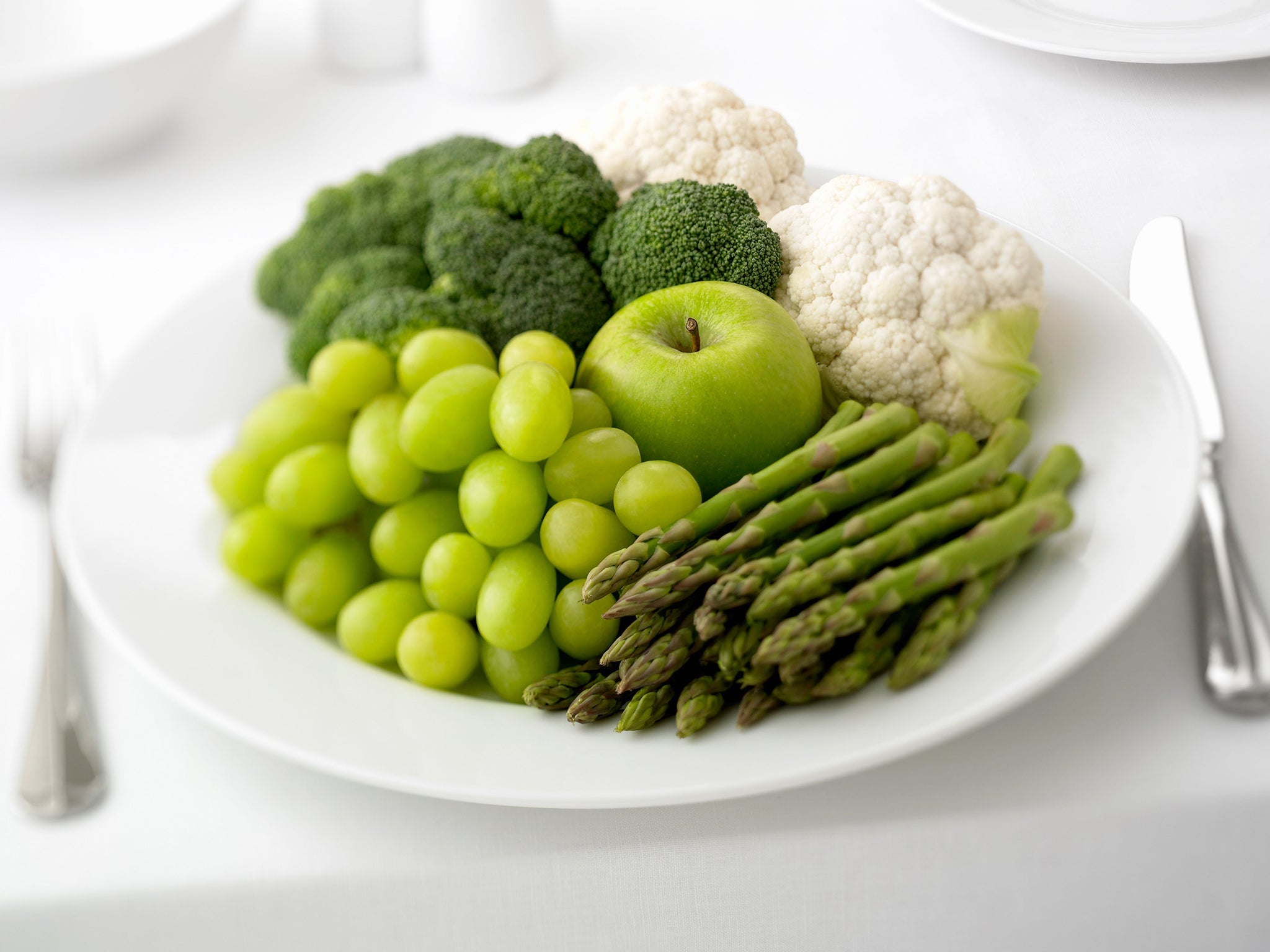How to Incorporate Whole Foods into Your Diet and Achieve Weight Loss
When it comes to losing weight, many people turn to fad diets and quick fixes. However, a more sustainable and effective approach to weight loss is to focus on incorporating whole foods into your diet. Whole foods are foods that are minimally processed and as close to their natural state as possible. By making whole foods the foundation of your diet, you can achieve weight loss in a healthy and sustainable way.
What are Whole Foods?
Whole foods include fruits, vegetables, whole grains, lean proteins, and healthy fats. These foods are rich in nutrients, fiber, and antioxidants, and they can help you feel full and satisfied while consuming fewer calories. By focusing on whole foods, you can improve your overall health and achieve weight loss without feeling deprived.
Tips for Eating Whole Foods and Losing Weight
Here are some tips to help you incorporate more whole foods into your diet and achieve weight loss:
- Fill Half Your Plate with Fruits and Vegetables: Aim to fill at least half of your plate with a variety of colorful fruits and vegetables. These foods are low in calories and high in fiber, making them an excellent choice for weight loss.
- Choose Whole Grains: Opt for whole grains such as brown rice, quinoa, and oats instead of refined grains. Whole grains are higher in fiber and nutrients, and they can help you feel full for longer.
- Include Lean Proteins: Incorporate lean proteins such as chicken, fish, tofu, and legumes into your meals. Protein can help you feel satisfied and can support muscle growth and repair during weight loss.
- Limit Processed Foods: Minimize your intake of processed foods, which are often high in added sugars, unhealthy fats, and calories. Instead, focus on whole, unprocessed foods to support your weight loss goals.
- Stay Hydrated: Drink plenty of water throughout the day. Sometimes, feelings of hunger are actually signs of dehydration, so staying hydrated can help you avoid unnecessary snacking.
- Practice Mindful Eating: Pay attention to your body’s hunger and fullness cues, and eat slowly to savor your food. Mindful eating can help you avoid overeating and make healthier food choices.
The Benefits of Eating Whole Foods for Weight Loss
Choosing whole foods over processed foods can offer numerous benefits for weight loss, including:
- Improved Nutrient Intake: Whole foods are rich in essential nutrients, vitamins, and minerals that support overall health and well-being.
- Increased Satiety: Whole foods are often high in fiber and water, which can help you feel full and satisfied with fewer calories.
- Steady Energy Levels: Whole foods provide a steady source of energy without the blood sugar spikes and crashes associated with processed foods.
- Support for Healthy Digestion: The fiber in whole foods supports healthy digestion and can help prevent constipation and bloating.
- Long-Term Weight Management: By making whole foods a staple in your diet, you can establish healthy eating habits that support long-term weight management.
Final Thoughts
When it comes to weight loss, focusing on whole foods is a sustainable and effective approach. By incorporating a variety of whole foods into your diet and making mindful food choices, you can achieve weight loss while nourishing your body with essential nutrients. Remember that small, consistent changes to your eating habits can lead to long-lasting results, so start by making simple swaps and additions to prioritize whole foods in your diet.

